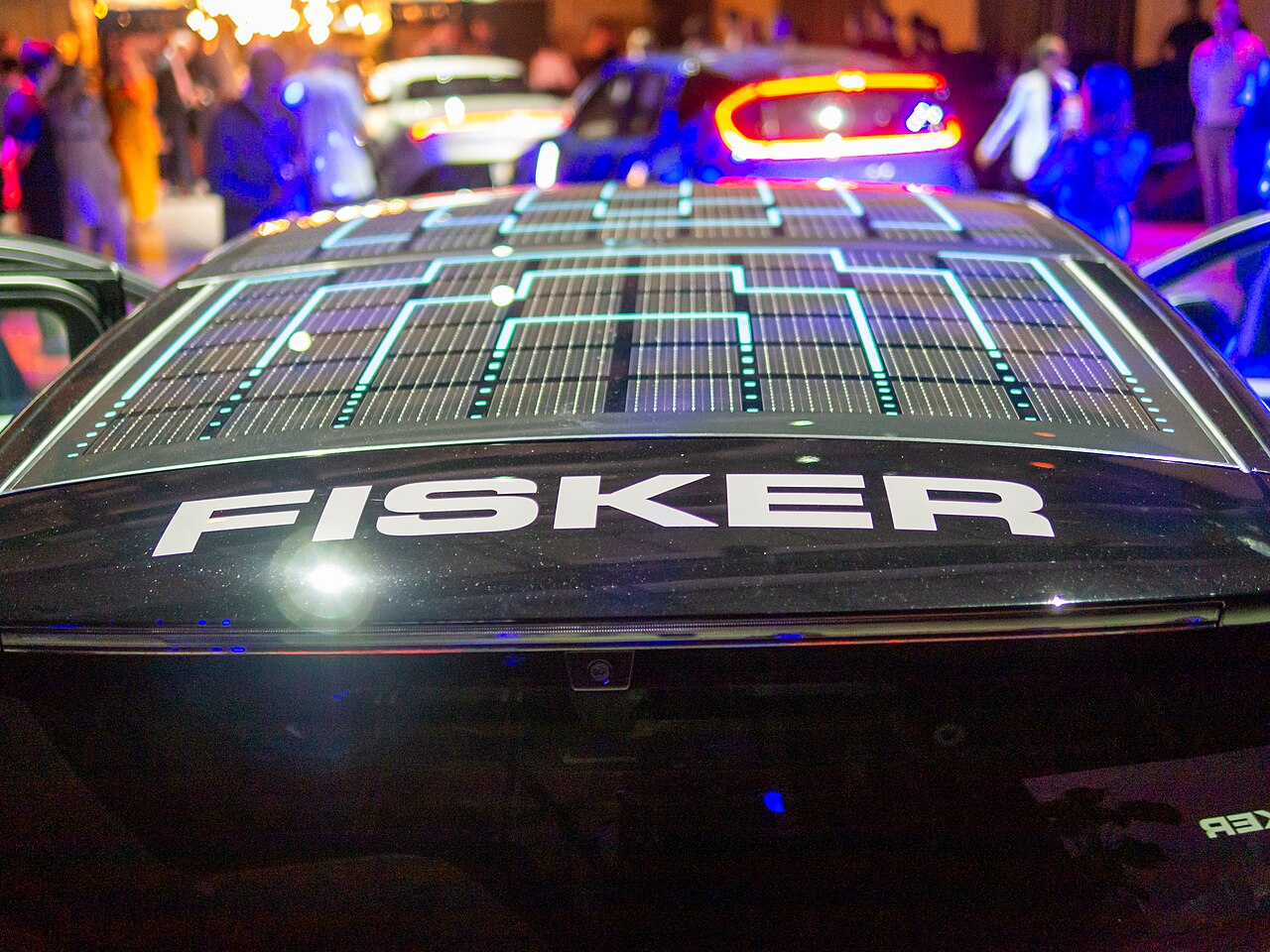In what appears to be a sign of the times, Fisker, the Southern California-based electric vehicle (EV) manufacturer, has filed for Chapter 11 bankruptcy protection, marking a significant blow to the burgeoning EV industry. This development raises questions about whether the excitement around EVs was more of a passing trend than a sustainable revolution.
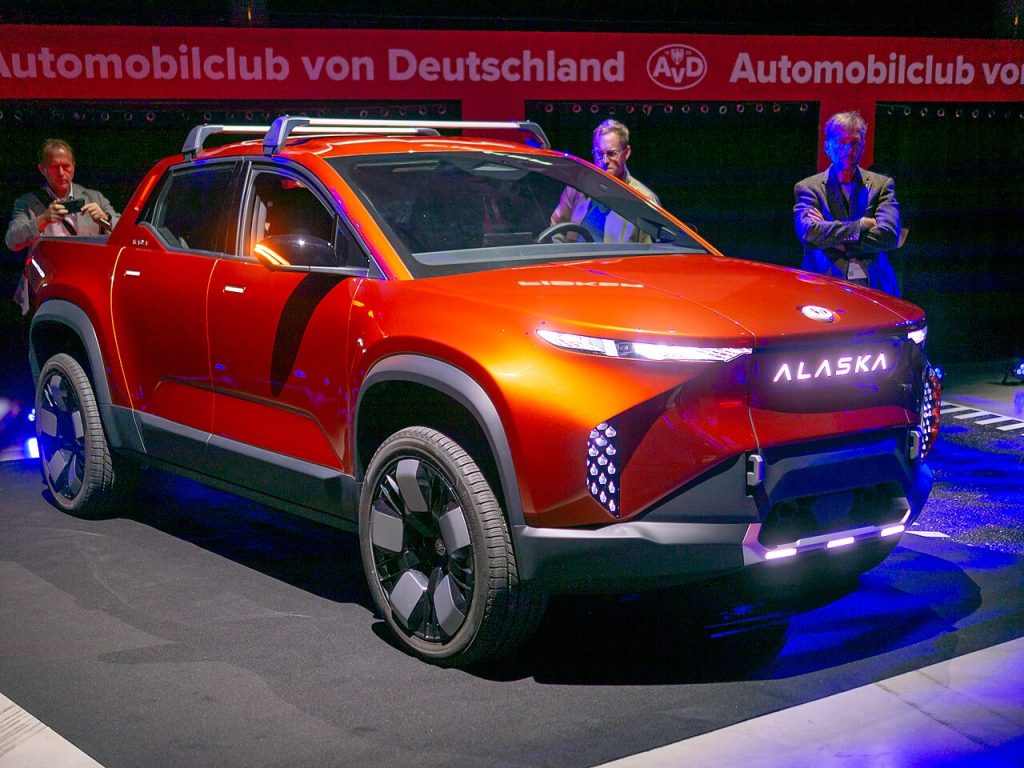
Fisker’s collapse is emblematic of broader struggles within the EV sector. Once valued at $2.9 billion, Fisker’s financial woes have been mounting for months. The company paused production of its flagship Ocean SUV and laid off hundreds of workers. Now, with no viable path to profitability, Fisker has opted to sell its assets and restructure its debt.
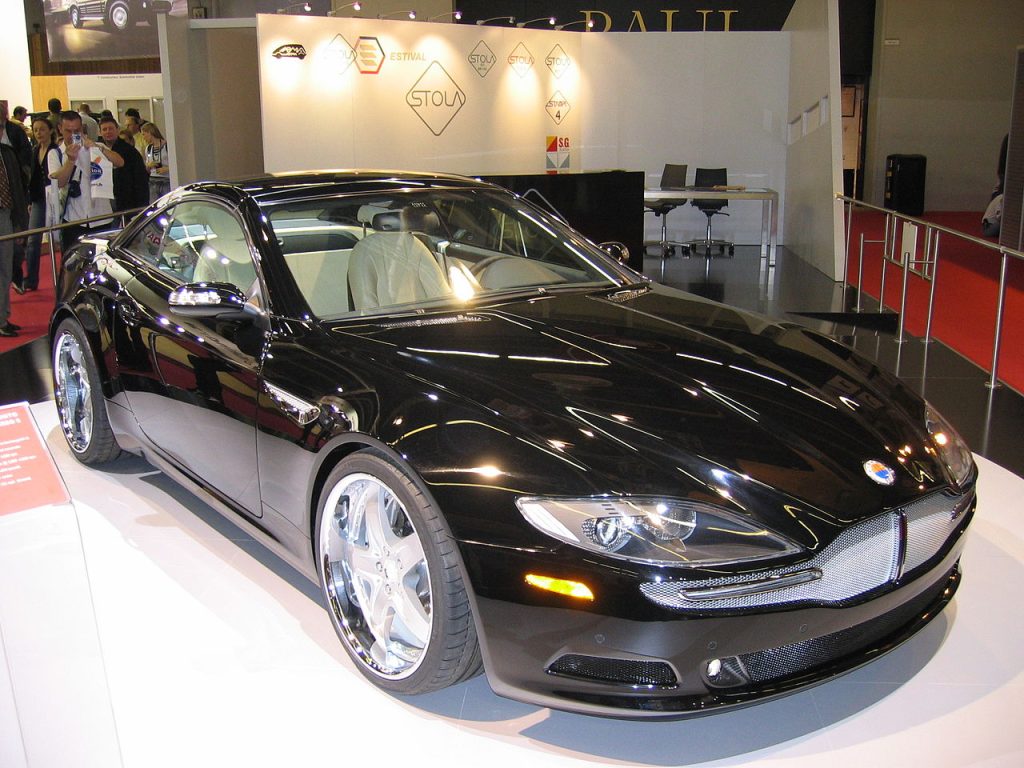
This isn’t the first time Henrik Fisker, the company’s founder, has faced bankruptcy. His previous venture, Fisker Automotive, went under in 2013. This time, despite securing significant investments and attempting to ramp up production, Fisker Inc. could not overcome the challenges that have plagued many EV startups.

Fisker’s recent bankruptcy filing revealed the depth of its financial troubles, with millions owed to major tech companies like Adobe, Google, and Salesforce for IT, software, and marketing services. An unnamed spokesperson expressed pride in the company’s achievements but cited “market and macroeconomic headwinds” as factors that have hampered operations.
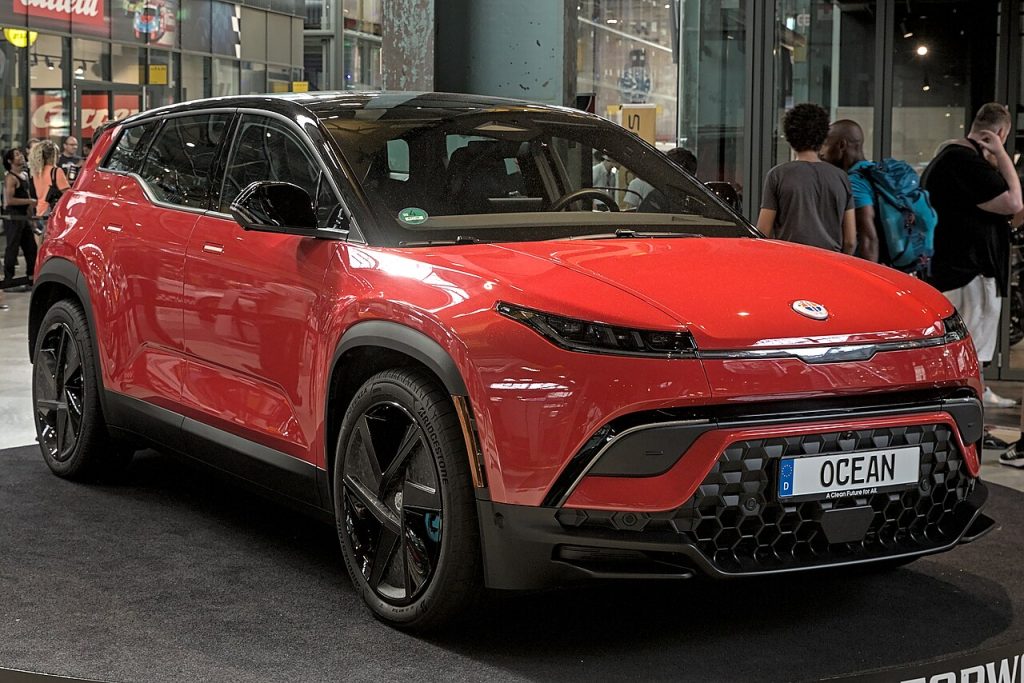
Fisker’s struggles are not isolated. The hyper-competitive EV market has seen several companies like Proterra, Lordstown Motors, and Electric Last Mile Solutions file for bankruptcy in the past two years. These companies have grappled with weakening demand, challenges in fundraising, and operational difficulties exacerbated by global supply chain disruptions.
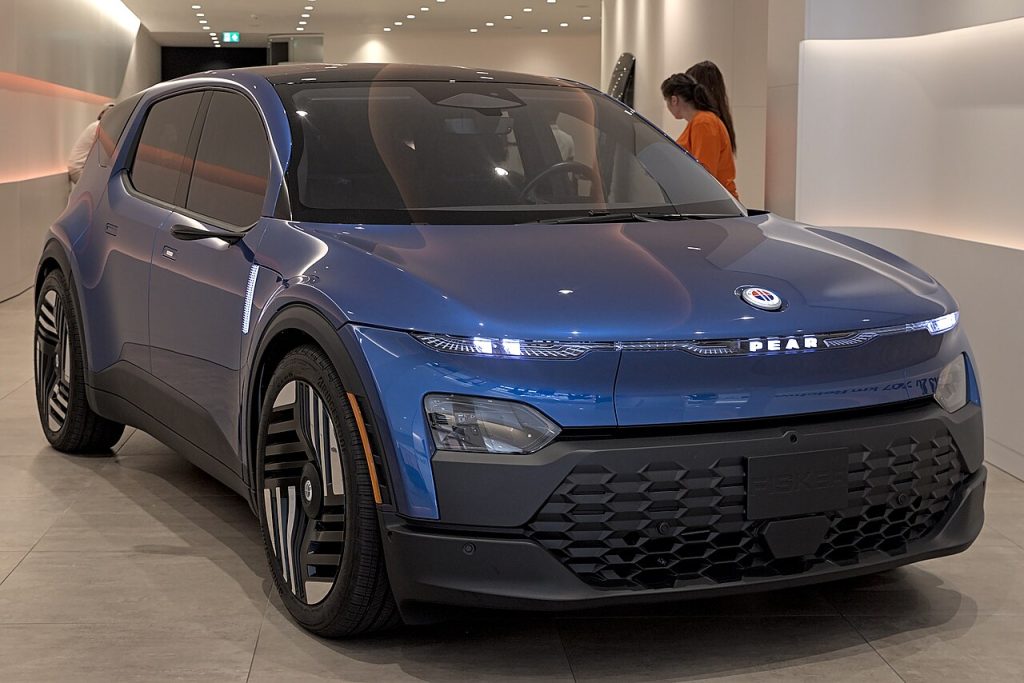
Even large automakers like General Motors (GM) are reevaluating their strategies. GM, which initially pushed aggressively into the EV market, is now considering expanding its hybrid vehicle offerings. CEO Mary Barra highlighted the need to adapt to market demands and regulatory environments, signaling a potential shift away from an all-electric future.
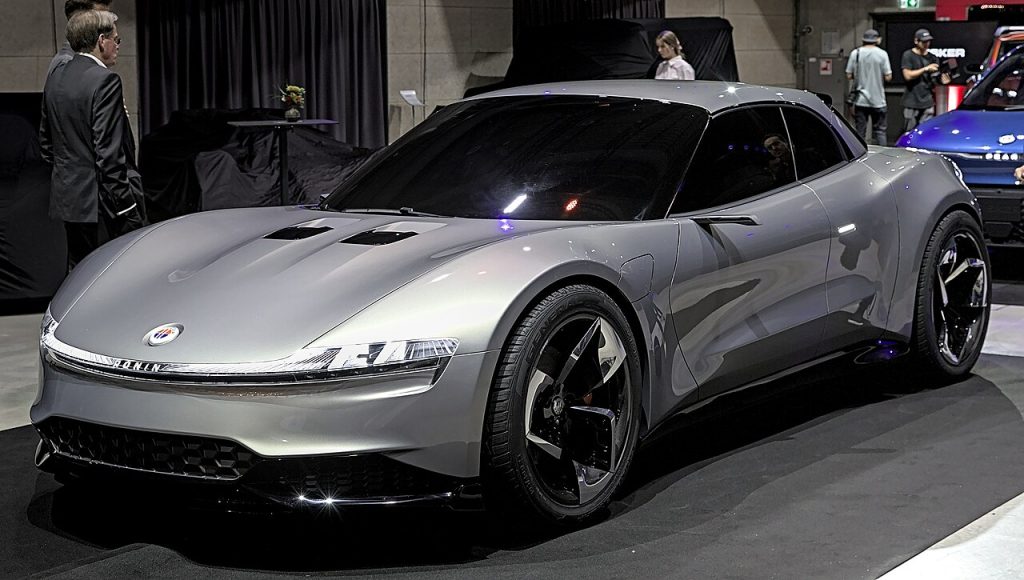
The cooling of the EV sales frenzy is evident in the resale market. EVs are experiencing rapid depreciation rates, losing up to 49.1% of their value over five years compared to 38.8% for the average vehicle. In contrast, hybrids are depreciating at a slower rate, losing only 37.4% over the same period.
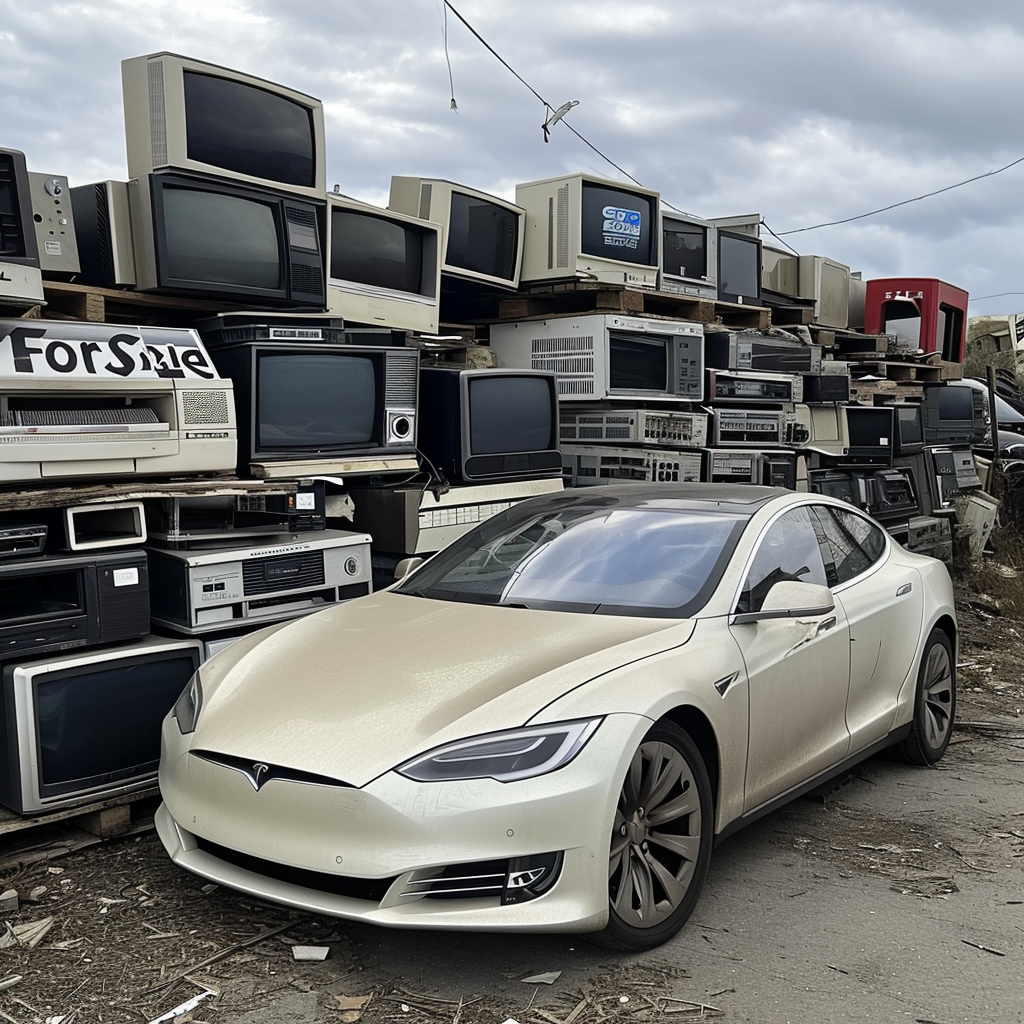
Several factors contribute to this steep depreciation. The rapid evolution of EV technology can render even relatively new models obsolete quickly. Government incentives that reduce the upfront cost of EVs also play a role, as they lower the initial price from which depreciation is calculated. Additionally, frequent price cuts by leading EV manufacturer Tesla have put downward pressure on the entire market.
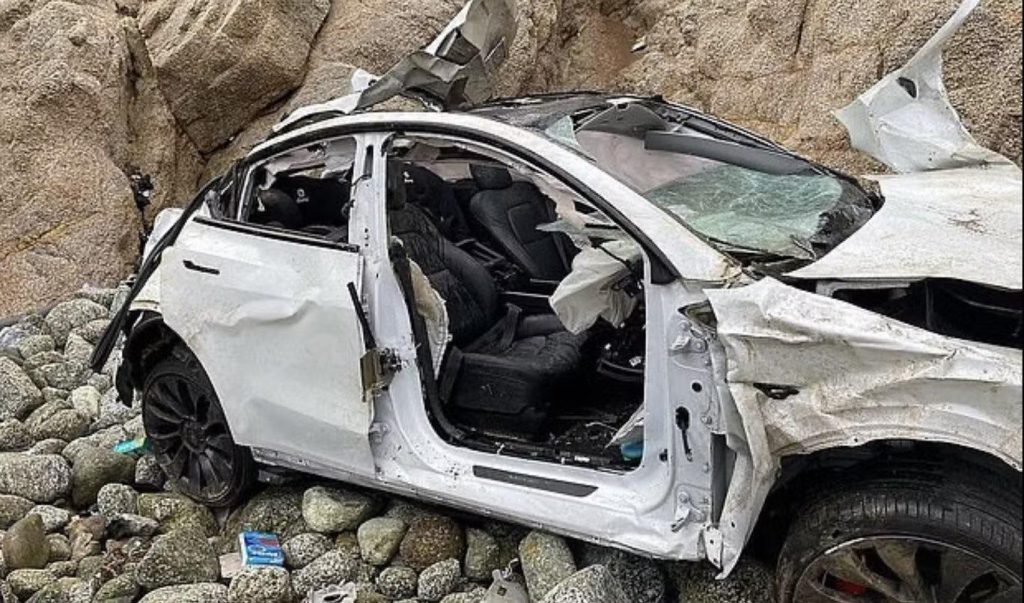
Falling EV prices and faster depreciation rates are having a ripple effect on the auto repair industry. EVs now account for nearly 2% of U.S. auto insurance claims, up from less than 1% in 2021. The cost of repairing EVs is significantly higher than that for internal combustion engine vehicles, averaging $6,018 compared to $4,700.
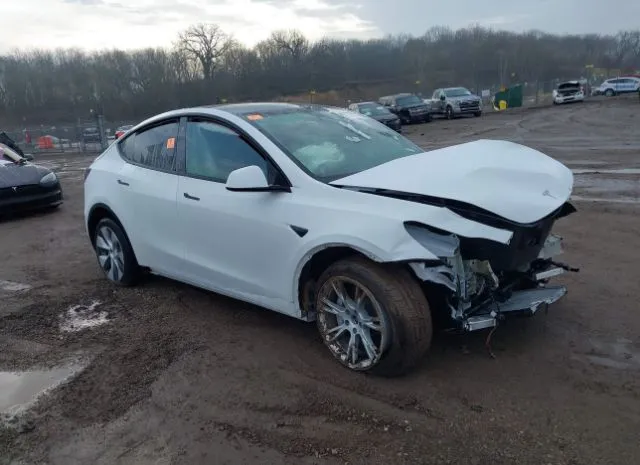
The high repair costs, combined with the limited availability of qualified repair shops, mean that more EVs are being declared total losses rather than being repaired. This trend is problematic for insurers and the collision repair industry, which may see a decrease in repairable vehicles and an increase in total loss claims.
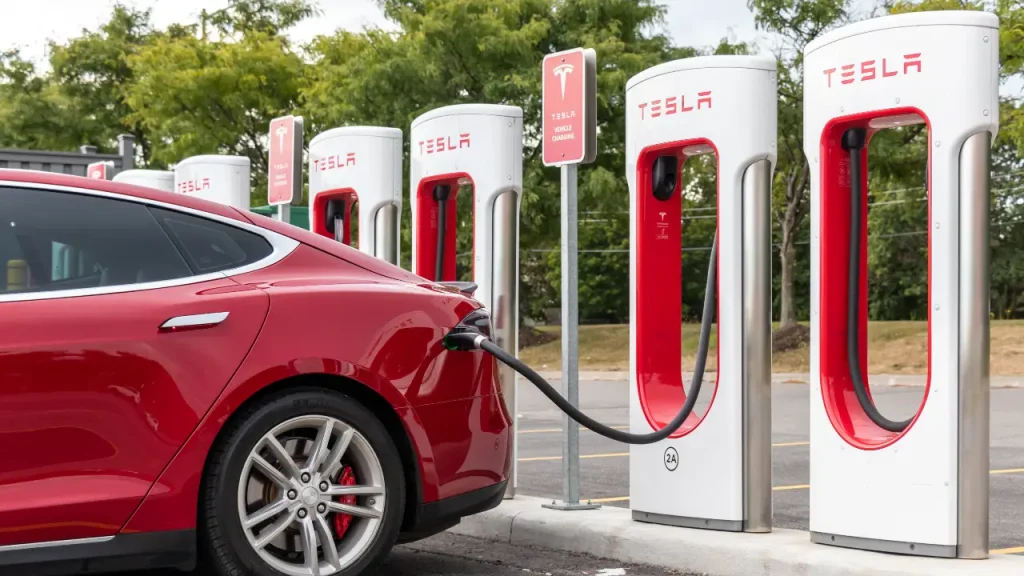
The trajectory of the EV market bears similarities to the decline of large sedan sales in the early 2000s when consumers shifted to SUVs. As EV values fall and more are totaled rather than repaired, we might see a similar pattern of these vehicles finding new life in developing countries or being repurposed.
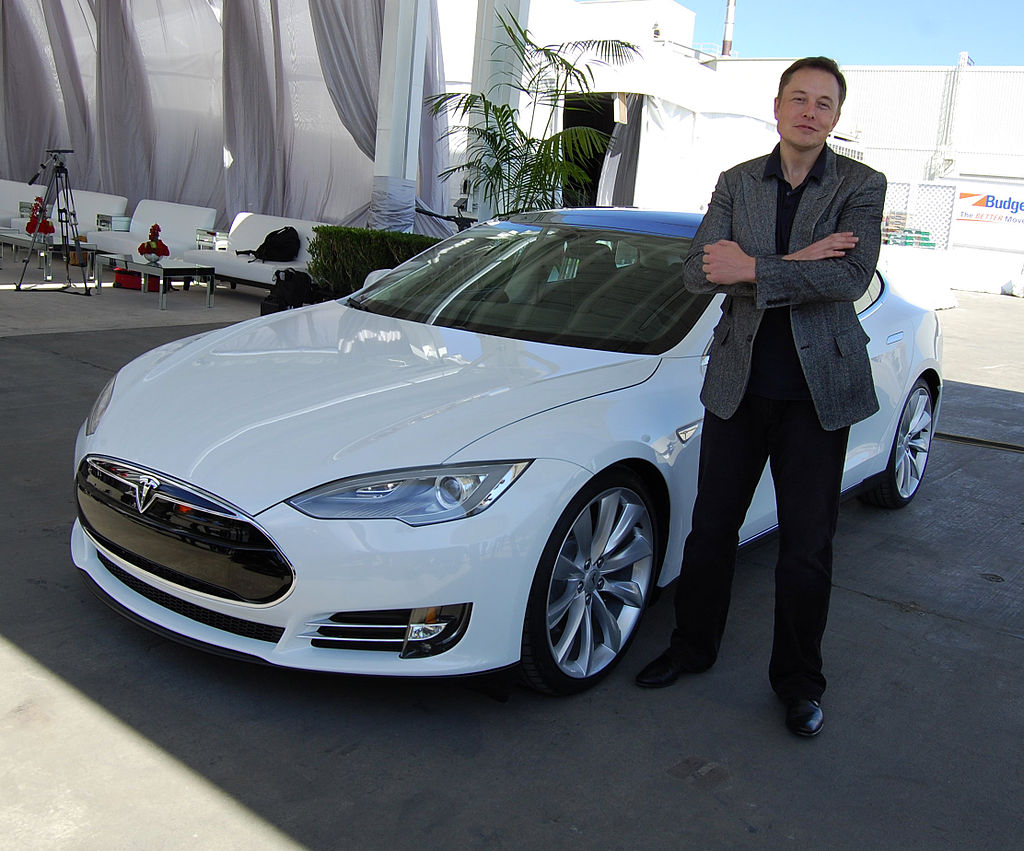
While the promise of EVs as a sustainable transportation solution remains, the current economic and market realities suggest that their widespread adoption may take longer than initially anticipated. While Musk is still standing tall with Tesla at the moment, the story of Fisker and other struggling EV companies serves as a cautionary tale, highlighting the challenges of navigating an industry that, while innovative, is fraught with financial and operational hurdles.

